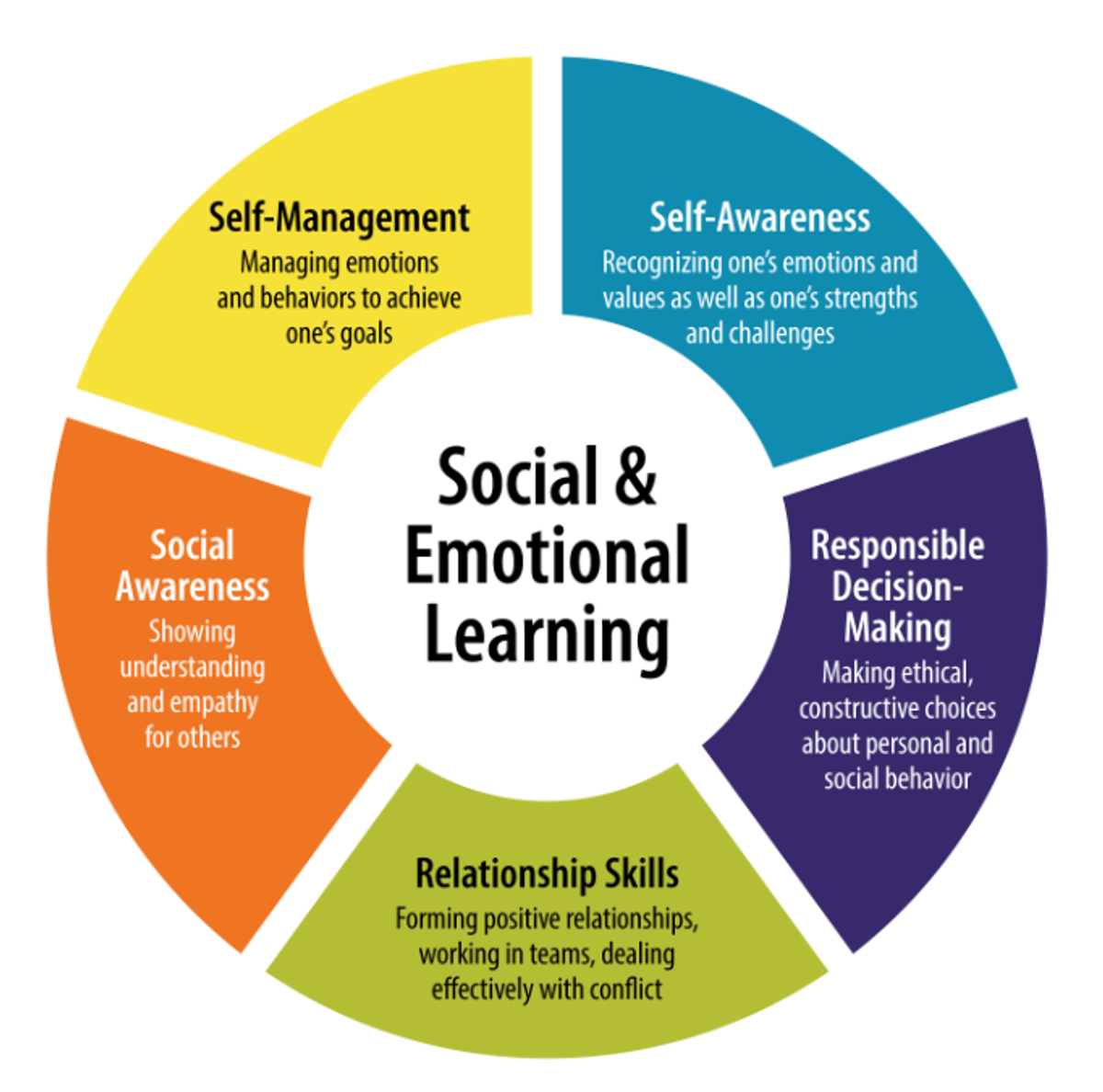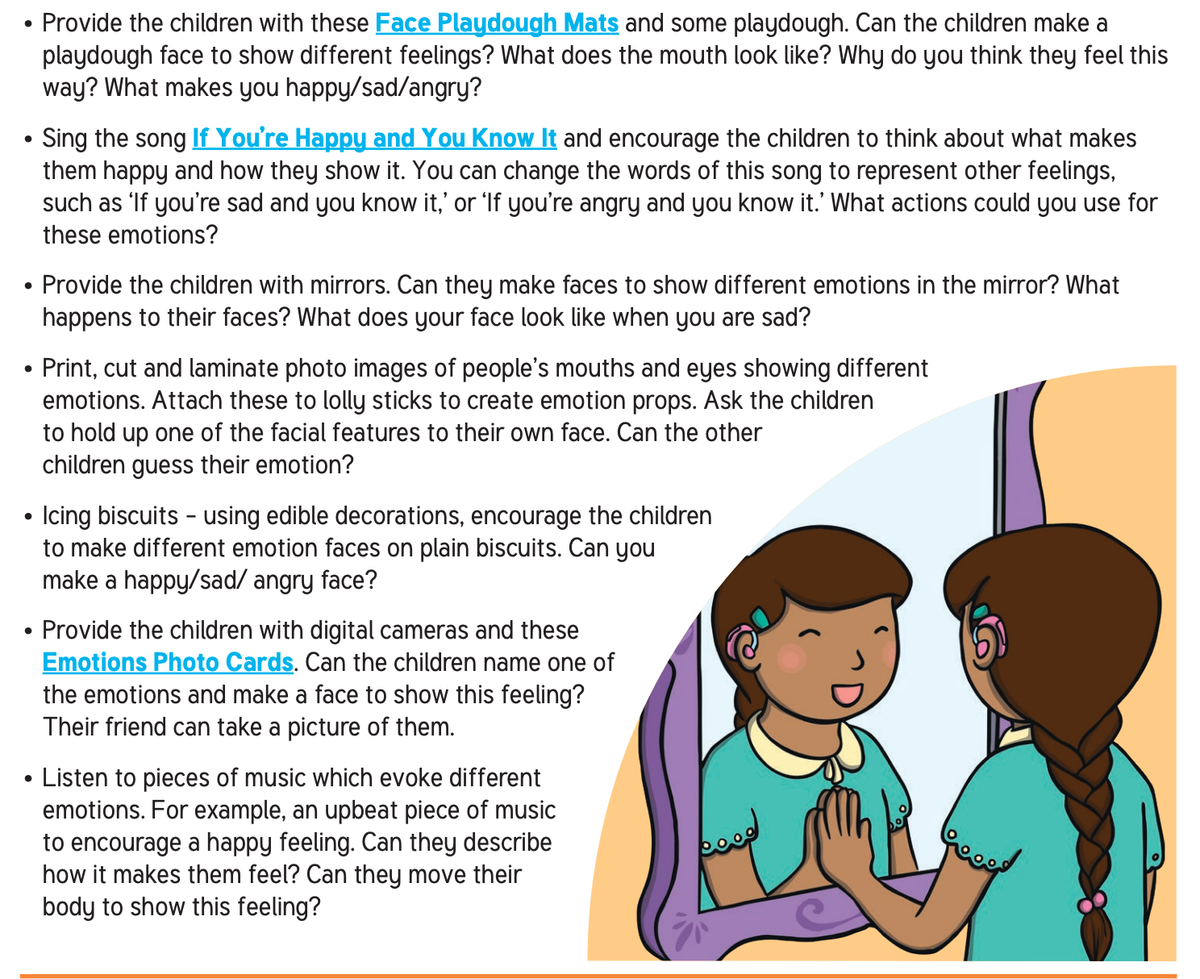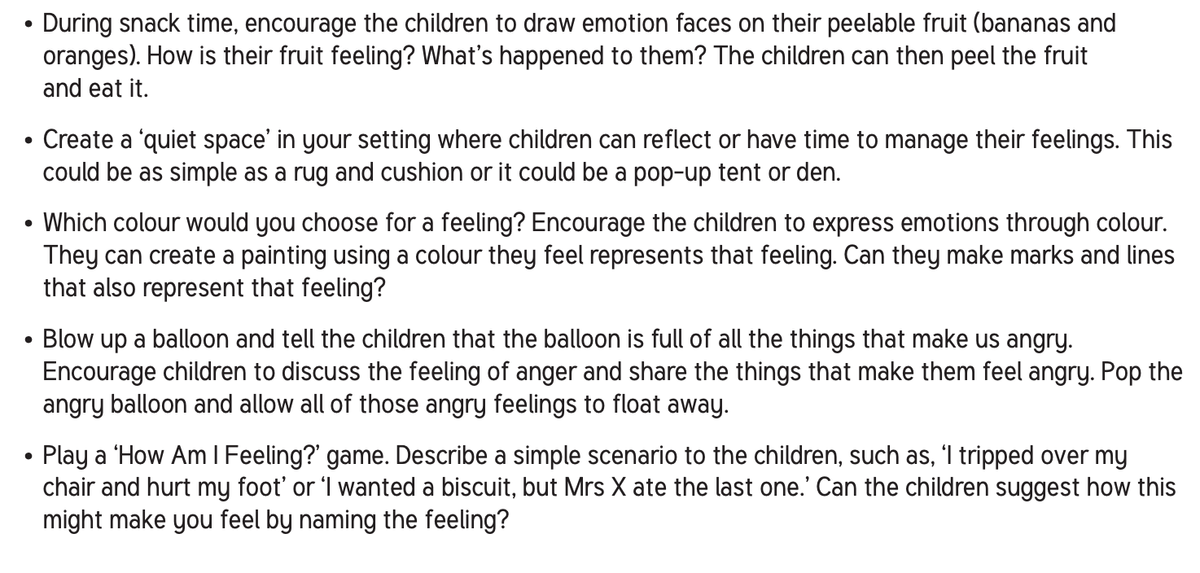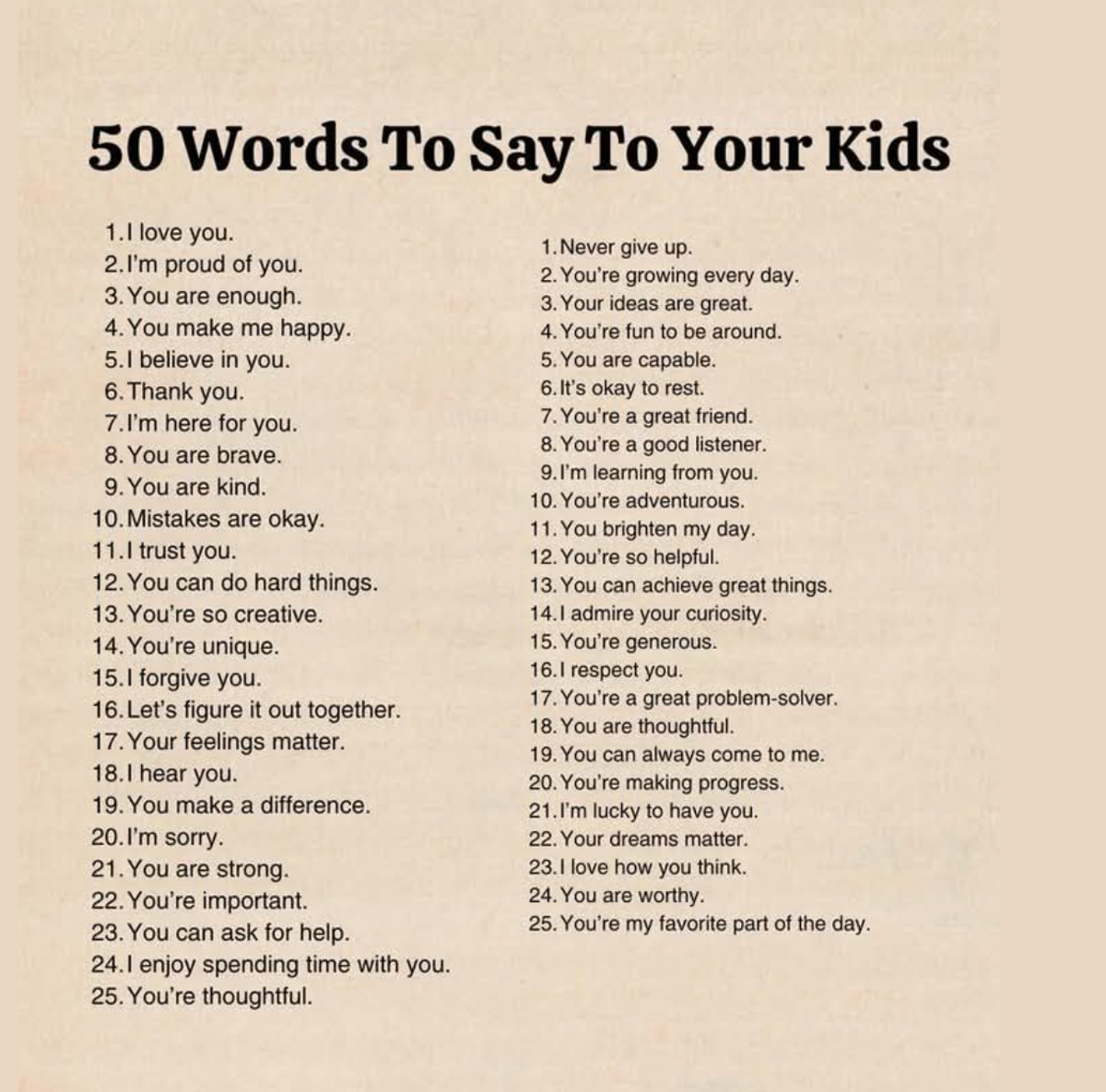The Resilience Project

The Resilience Project
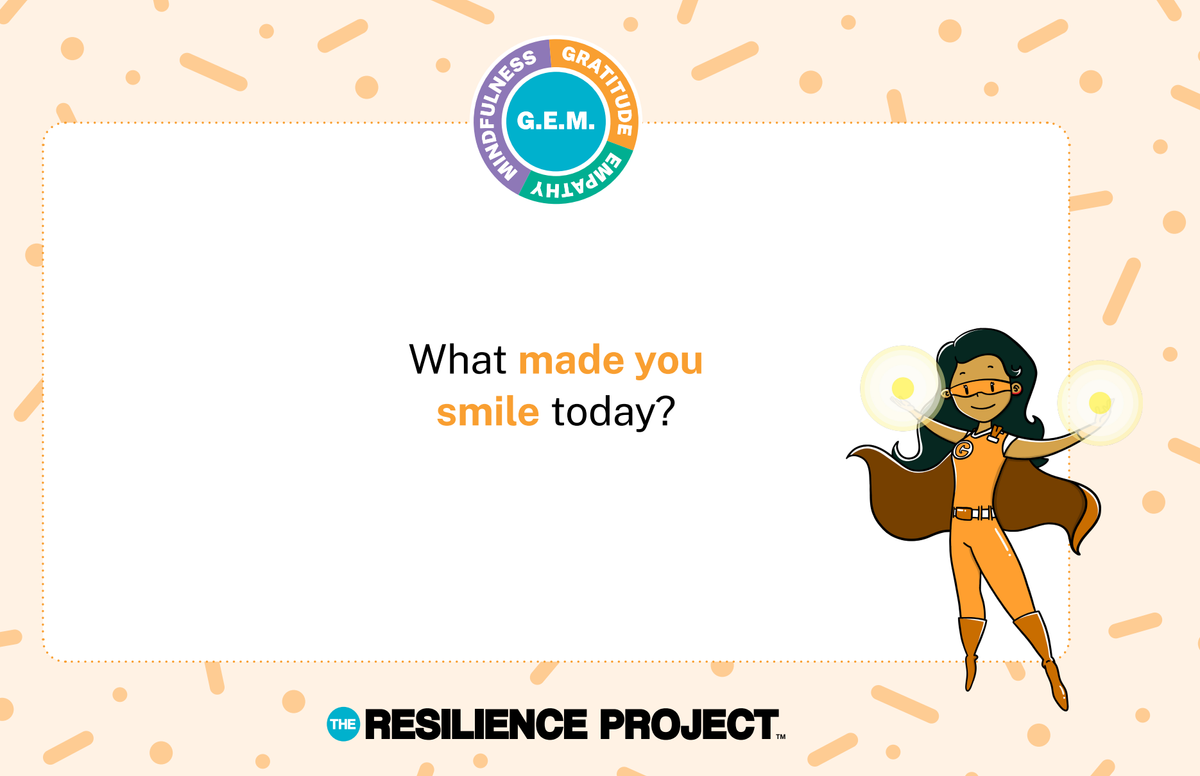

In a world where emotional challenges can often feel overwhelming, emotional literacy has become an essential skill for individuals to navigate their daily lives. At the heart of this emotional fluency is the ability to understand, express, and manage our emotions effectively. This is not only crucial for personal well-being but also for fostering resilience in times of stress, hardship, and uncertainty.
Emotional literacy can be defined as the ability to recognize, understand, and articulate emotions—both in oneself and others. It allows individuals to identify what they are feeling and why, manage their emotional responses, and communicate their feelings in healthy and constructive ways. This skill is fundamental to building emotional resilience, the capacity to bounce back from adversity, and adapt to challenges with strength and flexibility.
One remarkable initiative that has helped countless individuals develop emotional literacy is The Resilience Project. Founded in 2016, this Australian-based program has transformed the way we approach mental health and emotional well-being by promoting the development of emotional literacy and resilience in schools, workplaces, and communities. The Resilience Project offers evidence-based programs that emphasize the importance of gratitude, empathy, and mindfulness, which are all interconnected with emotional literacy.
At the core of The Resilience Project's philosophy is the idea that understanding and managing emotions can significantly improve mental health outcomes. Their approach encourages individuals to engage in daily practices such as journaling, mindfulness exercises, and gratitude reflections, which cultivate a deeper emotional awareness and, over time, build resilience. The Resilience Project has found that when individuals are equipped with emotional literacy, they are better able to cope with stress, face challenges head-on, and maintain a positive outlook despite difficulties.
Research has shown that emotionally literate individuals tend to have healthier relationships, improved mental health, and stronger overall well-being. By developing emotional literacy, people can more effectively manage their emotions during stressful situations, reducing the risk of burnout, anxiety, and depression. Moreover, emotional literacy fosters greater empathy, which enhances connections with others and promotes a supportive social network—another key factor in building resilience.
The Resilience Project’s success can be attributed to its holistic approach to emotional education. By incorporating simple yet powerful techniques, the program helps individuals of all ages build a toolkit for emotional awareness and self-regulation. Teachers, parents, and leaders are encouraged to model emotional literacy themselves, showing vulnerability, and practicing mindfulness in their own lives. This creates a ripple effect, inspiring others to do the same and contributing to a more emotionally intelligent community.
In conclusion, emotional literacy is a powerful tool that can help us navigate life's challenges with greater ease and resilience. Programs like The Resilience Project offer invaluable resources to build these crucial skills, creating individuals who are not only emotionally aware but also better equipped to face adversity with confidence and strength. As we continue to prioritise emotional literacy in our lives and communities, we move closer to a world where resilience and mental well-being are accessible to all.
